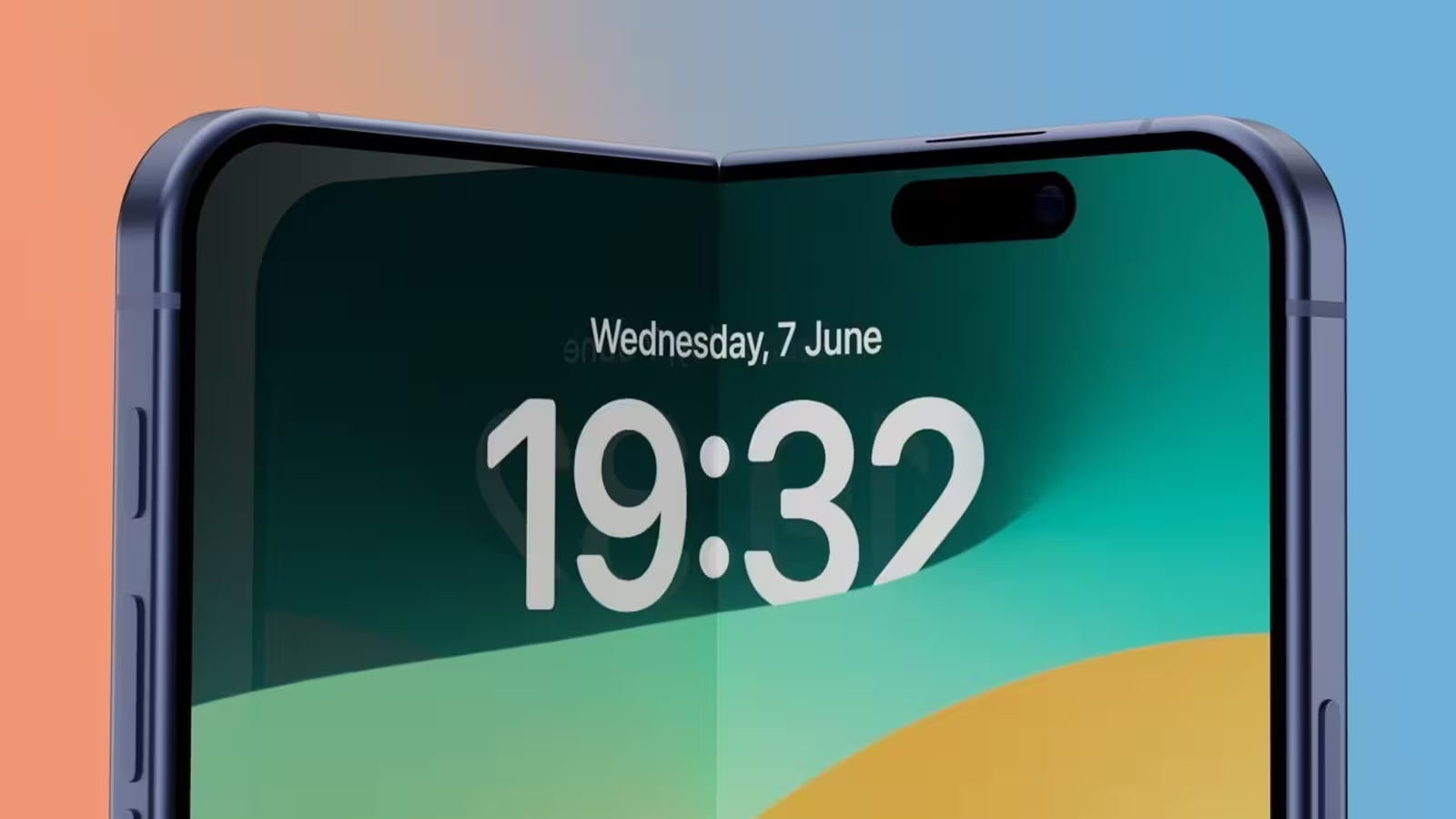4 Minutes
BOE Escalates Legal Action Against Samsung Display—iPhone Fold's Future in Question
Chinese display giant BOE has intensified its ongoing patent dispute with Samsung Display, filing a fresh lawsuit in the United States that could reshape the landscape for next-generation foldable smartphones. This newly surfaced legal action, submitted on July 15, 2025, seeks to block the import of devices allegedly infringing on OLED technology patents—including, potentially, Apple’s much-anticipated iPhone Fold.
The Legal Battlefield: OLED Technology at the Center
According to industry sources reported by South Korea’s The Guru, BOE and its subsidiary, Chengdu BOE Optoelectronics Technology, lodged the suit in the US District Court for the Eastern District of Texas. This marks the second court challenge BOE has mounted against Samsung Display within just two months, underscoring the fierce competition for dominance in OLED display innovation.
The crux of BOE's complaint alleges that Samsung Display unlawfully utilized four of its patents pertaining to OLED manufacturing processes, including those crucial for integrating under-display camera technology—a feature that defines leading-edge foldable smartphones like the Samsung Galaxy Z Fold series.
Why Apple’s iPhone Fold May Be Caught in the Crossfire
While the legal action directly targets Samsung Display and its flagship products—such as the Samsung Galaxy Z Fold 5 and the Galaxy S25 Ultra—the implications for Apple are significant. Recent reports suggest that Apple’s upcoming iPhone Fold could use display panels supplied by Samsung Display. If the US courts side with BOE and impose an import ban on Samsung Display’s panels, any device leveraging those components could potentially be affected.
Currently, the suit has not explicitly named the unreleased iPhone Fold. Nevertheless, if Apple relies on Samsung OLED displays for its foldable iPhone, the device may be drawn into the legal battle. Whether the iPhone Fold will face a ban depends on the court’s interpretations and the timing of any injunctions issued.
How is This Different from the ITC Case?
This dispute differs from a recent US International Trade Commission (ITC) recommendation, which suggested an import ban on BOE’s display panels for patent infringement. BOE’s latest lawsuit, by contrast, aims to block finished phones using Samsung’s allegedly infringing OLED technology. In response to the ITC’s preliminary finding, Apple assured users and investors that “the order has no impact on any Apple products,” and maintains it is not a party to that particular investigation.
Unpacking the Patent War: Ongoing Legal Drama
Legal tensions between BOE and Samsung Display have been building since 2023, resulting in a flurry of lawsuits on both sides. Samsung Display has also filed three counterclaims and appealed to the ITC. With a preliminary ruling now in place, industry watchers expect BOE to face setbacks, as US regulatory bodies rarely overturn their recommendations. The current ITC case will likely reach final resolution by January 2026, after the US President is given two months to approve or halt the import restriction.
Market Impact and Strategic Moves
Despite legal hostilities, both BOE and Samsung Display are ramping up efforts to secure lucrative supply chain positions with Apple—a company renowned for setting the pace in smartphone innovation. Samsung Display is reported to be constructing a dedicated facility to produce OLED panels specifically for Apple’s foldable devices. Meanwhile, BOE is expanding its production lines, aiming to solidify its role as a primary supplier for Apple’s future gadgets.
BOE’s history with Apple has been turbulent. Although it now supplies displays—believed to be for the iPhone 16e—in 2022 the company was temporarily removed from Apple’s supply chain after making unauthorized adjustments to display specifications.
What This Means for Consumers and the Future of Foldable Devices
For technology enthusiasts, professionals, and consumers, the outcome of this series of lawsuits could directly influence the availability and pricing of flagship foldable smartphones in the US market. Patent wars over OLED innovations and under-display camera technology not only shape product features but also determine which brands dominate the fast-growing foldable segment.
As the stakes rise, expect continued innovation and possibly legal entanglements to influence the trajectory of next-generation devices. For Apple and Samsung, their choice of suppliers—and the robustness of their intellectual property portfolios—may ultimately define the future of foldable smartphones globally.
Source: appleinsider



Comments